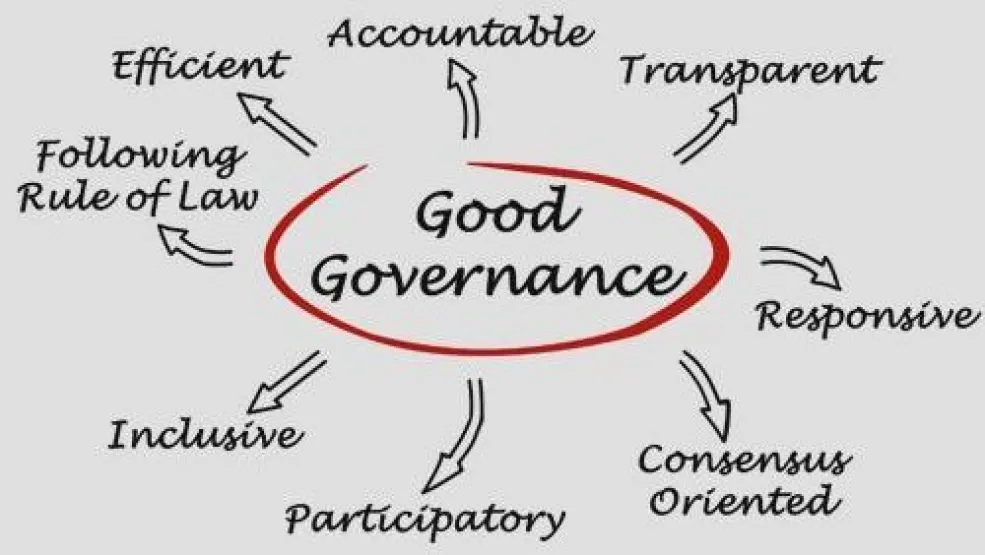Editorial
In any functioning democracy, transparency and accountability are not mere ideals—they are essential pillars of governance. The Punjab government must prioritize the internal scrutiny of its own bureaucracy, particularly by initiating a comprehensive internal audit of the financial and administrative approvals granted by the Chief Secretary down to all departmental secretaries. This is not simply a matter of fiscal housekeeping—it is a fundamental responsibility to the public.
The audit should cover both developmental and non-developmental expenditures, ensuring that every rupee spent from the public exchequer is accounted for. A logical and symbolic starting point for such a review would be the maintenance expenses of GOR (Government Officers Residence) houses. These official residences, often renovated with significant public funds, reflect how deeply unchecked privileges and non-transparent spending have become normalized in bureaucratic culture.
Please, subscribe to the YouTube channel of republicpolicy.com for quality content.
By beginning the audit here, the government can get an immediate sense of the gravity of the issue. From inflated repair bills to unmonitored approvals, the trail of inefficiency and misuse of funds often starts in places hidden from public view. Without regular oversight, even the most seemingly minor approvals can spiral into systemic misuse, draining precious resources from essential public services like health, education, and infrastructure.
Scrutinizing bureaucracy is not about targeting individuals; it is about restoring institutional credibility and ensuring that public servants are truly serving the public, not themselves. In a province facing mounting fiscal challenges and social needs, such audits are not optional—they are imperative.
For Punjab to move forward with integrity and reform, the government must demonstrate that no office is above scrutiny. The time for symbolic accountability is over; the time for structural audits and transparent governance is now.

















